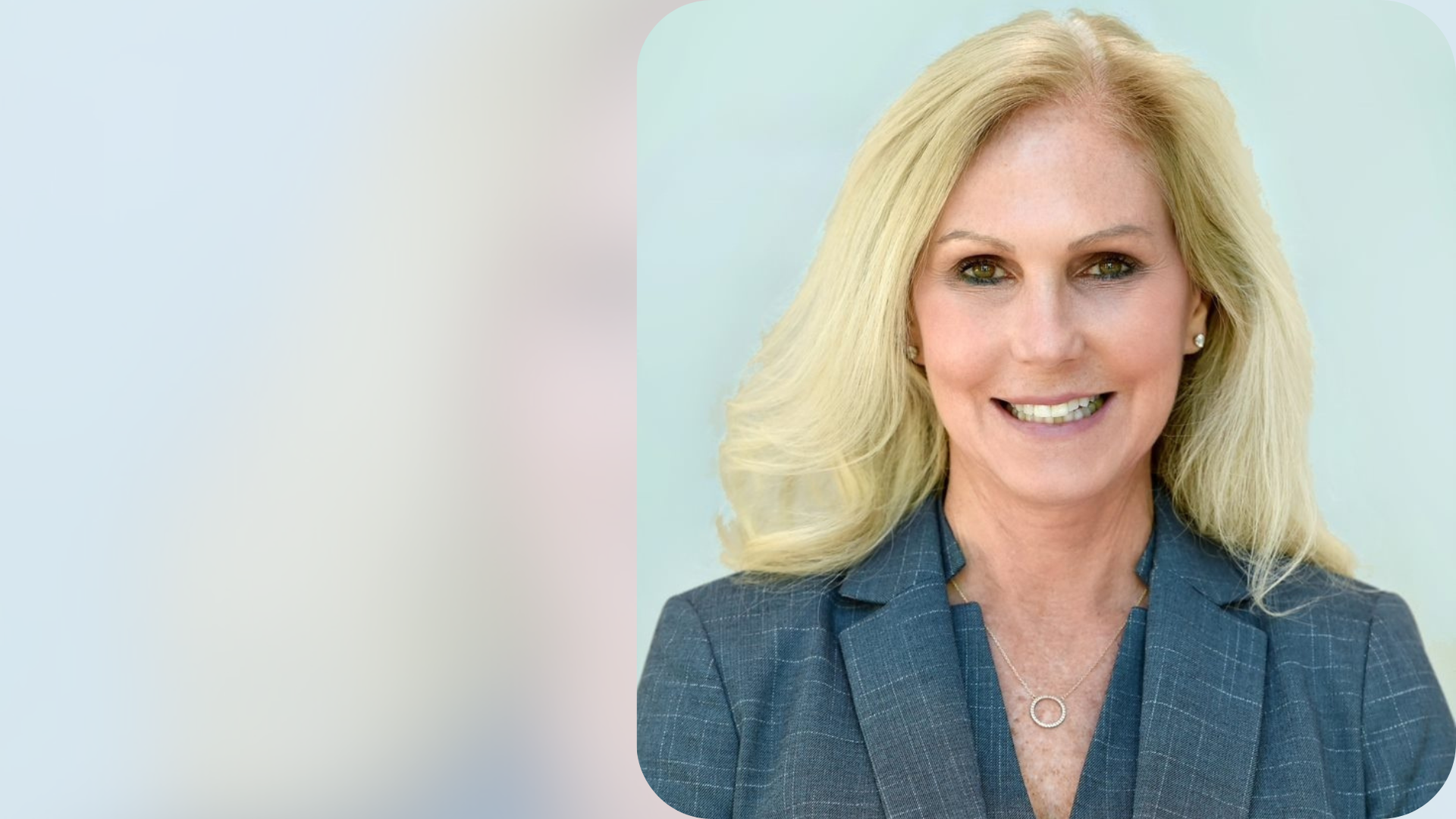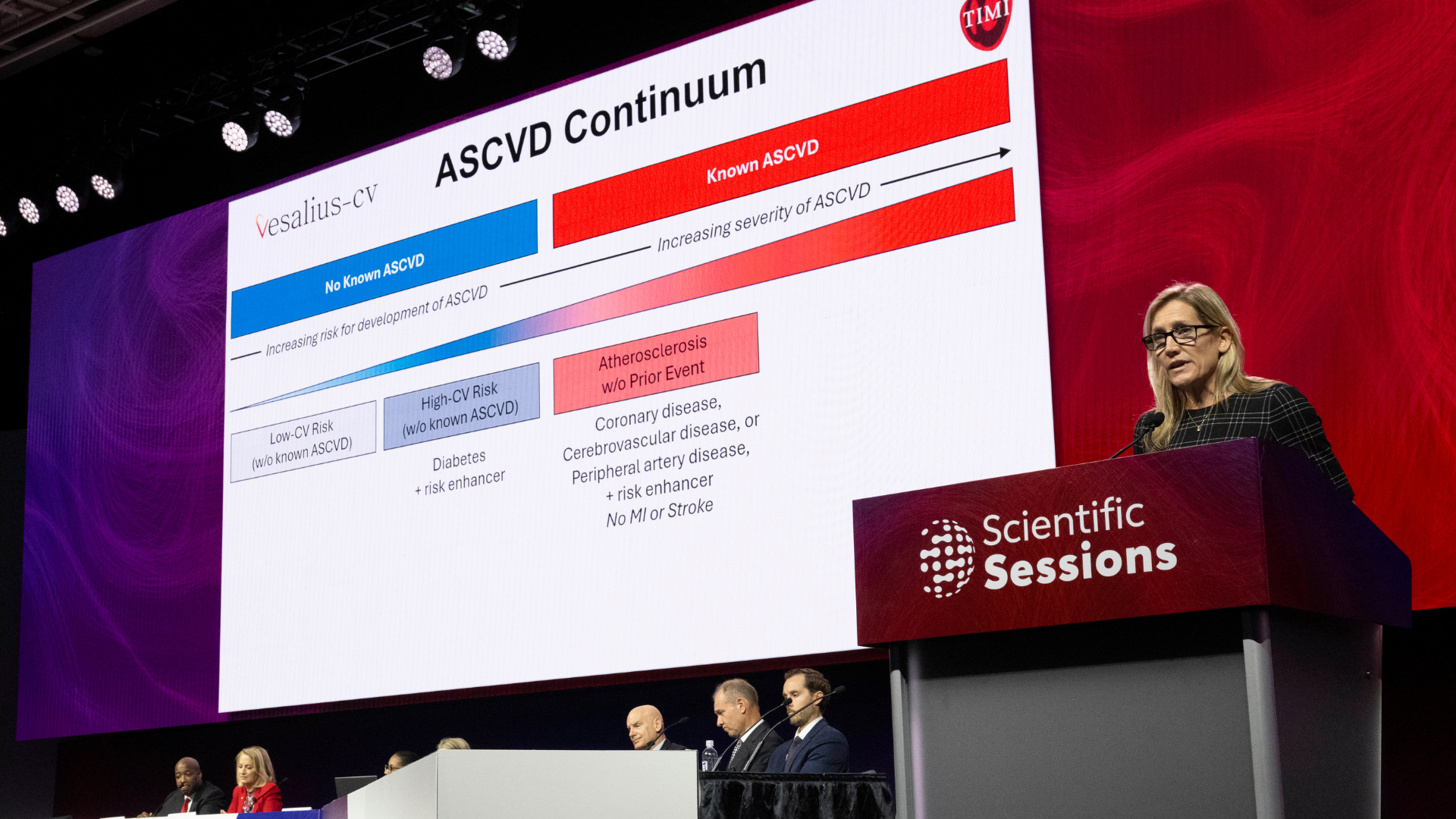
NEWS
Women Who Lead: An Interview with Dr. Roxana Mehran
Published Date – 28 July 2025

Welcome to Women Who Lead, a series highlighting inspiring women leaders in cardiology who are shaping the future of cardiovascular medicine. In this edition, we feature Dr. Roxana Mehran, a renowned interventional cardiologist, clinical researcher, and advocate for gender equity in medicine. Through her groundbreaking work and leadership, Roxana is advancing awareness of cardiovascular disease in women and driving change to overcome gender bias in medicine, empowering more women cardiologists to succeed.
What first drew you to cardiology, and what personal or professional experiences most shaped your leadership journey?
I’ve dreamed of becoming a doctor since I was young, and interventional cardiology attracted me because it’s dynamic and deeply impactful, blending clinical care, research, and innovation. Early on, as the first female interventional fellow at Mount Sinai in the 1990s, I often faced bias in a male-dominated field. Finding a mentor in Dr. Martin B. Leon was pivotal in my leadership journey. That experience inspired me to become a mentor and launch initiatives like Women in Innovations and Women As One, aiming to open doors and shift the culture for women in cardiology.
Can you describe a defining moment when your leadership made a meaningful difference for a patient, colleague, or institution?
One defining contribution was co-founding the SCAI-WIN program to increase women’s participation in cardiovascular research, both as participants and investigators. This not only expanded the evidence base but also empowered women cardiologists and reshaped the culture around inclusion. Leading the Lancet Women and Cardiovascular Disease Commission was another milestone, helping build global consensus and influence institutional policies worldwide.
How has the landscape for women leaders in cardiology changed since you began your career, and what still needs to shift?
Since the early 1990s, women have become more visible in cardiology and leadership roles; however, we remain underrepresented, particularly in interventional specialties and senior academic positions. Programs from societies and organizations like ACC, AHA, and Women As One have helped. However, persistent issues such as discrimination, biased hiring, and lack of structured support hold women back, especially in research leadership and funding. Gender bias training alone isn’t enough; we need enforceable policies and accountability.
Real equity in healthcare requires intentional sponsorship, cultural change, and structural reform to clear unclear promotion paths and expand leadership opportunities.
What are the most persistent challenges facing women cardiologists in your country or region today?
Women face underrepresentation in leadership and research, with fewer than 10% of U.S. interventional cardiologists being women. Bias and discrimination remain alongside outdated fears about radiation, which still discourage some from procedural fields. Work-life integration remains difficult, with institutions being slow to adapt to the reality that many physicians, especially women, also carry significant caregiving responsibilities. We still lack widespread access to paid parental leave, flexible training pathways, or on-site childcare. Many women also lack sponsors, individuals with influence who advocate for them to receive awards, leadership roles, or speaking opportunities.
What leadership pathways are there for women cardiologists in your region, and where are opportunities still lacking?
Professional societies offer mentorship, training, and awards to help women in cardiology gain visibility and networks, but visibility alone isn’t power. Women remain underrepresented in academic leadership, clinical trial leadership, editorial boards, and guideline committees, the key spaces that shape science and policy. Procedural fields such as interventional cardiology still have cultural and structural barriers. Real equity in healthcare requires intentional sponsorship, cultural change, and structural reform to clear unclear promotion paths and expand leadership opportunities.
How is women’s leadership in healthcare viewed in your region, and what progress or resistance have you seen?
Women’s leadership is increasingly recognized as vital in US healthcare, with more women leading institutions, shaping policy, and gaining visibility in research and education. However, resistance remains, especially in procedural fields. Women face bias, are judged more harshly for assertiveness, and often must prove they belong in leadership roles. We’ve made progress, but true equity means no longer having to prove ourselves in every room.
What role do institutions and male colleagues need to play to truly accelerate gender equity in cardiology?
Institutions must shift from symbolic efforts to building equity into their systems, with transparent hiring practices, leadership diversity goals, and real accountability. They should invest in leadership pathways for women, including protected research time and modern work-life policies like paid parental leave and childcare. Male colleagues need to transition from mentorship to active sponsorship, utilizing their influence to recommend women for promotions and leadership roles, and call out bias, even when it makes them uncomfortable.
There’s no “right time” to lead, just the moment you believe in yourself. Start now.
In your view, what is the most urgent unmet need for women in cardiology today?
The most urgent unmet need is fair access to leadership driven by systemic change rather than individual effort. Without women leaders in cardiology, we lack role models, women’s cardiovascular health remains overlooked, and the field misses diverse perspectives that improve patient care. Women must have the platforms to help shape the future of cardiology.
What advice would you offer to early-career women cardiologists who want to lead, but may be unsure how to start?
Don’t wait for permission to lead, show up boldly, speak up, and own your perspective. Seek mentors and sponsors who will advocate for you. Build leadership skills and confront bias when it arises. Surround yourself with people who value you and leave environments that don’t. Be dependable, curious, and proactive. There’s no “right time” to lead, just the moment you believe in yourself. Start now.
Women like Dr. Roxana Mehran exemplify the vital role of leadership in advancing gender equality in healthcare and improving outcomes for women with cardiovascular disease. Supporting women in cardiology is essential not only for fairness but for better science and patient care.
Latest news

Women Who Lead: An Interview with Malissa J. Wood, MD
Our CommunityWomen Who Lead features Malissa J. Wood, MD, cardiologist and Chief Medical Officer of Women As One, on advancing women’s heart health, leadership, and gender equity in cardiology.

Women As One Award winner leads the charge in VESALIUS-CV results
Our Community AwardsLearn how Women As One Award winner, Dr. Erin Bohula, helped lead the landmark VESALIUS-CV trial and advance preventive cardiology

Advancing Women in Clinical Trials: 2025 CVCT Research Scholar Award winners Announced
News Our Community AwardsMeet the 2025 winners of the CVCT Research Scholar Awards, spotlighting outstanding women in clinical trials and advancing their representation.

